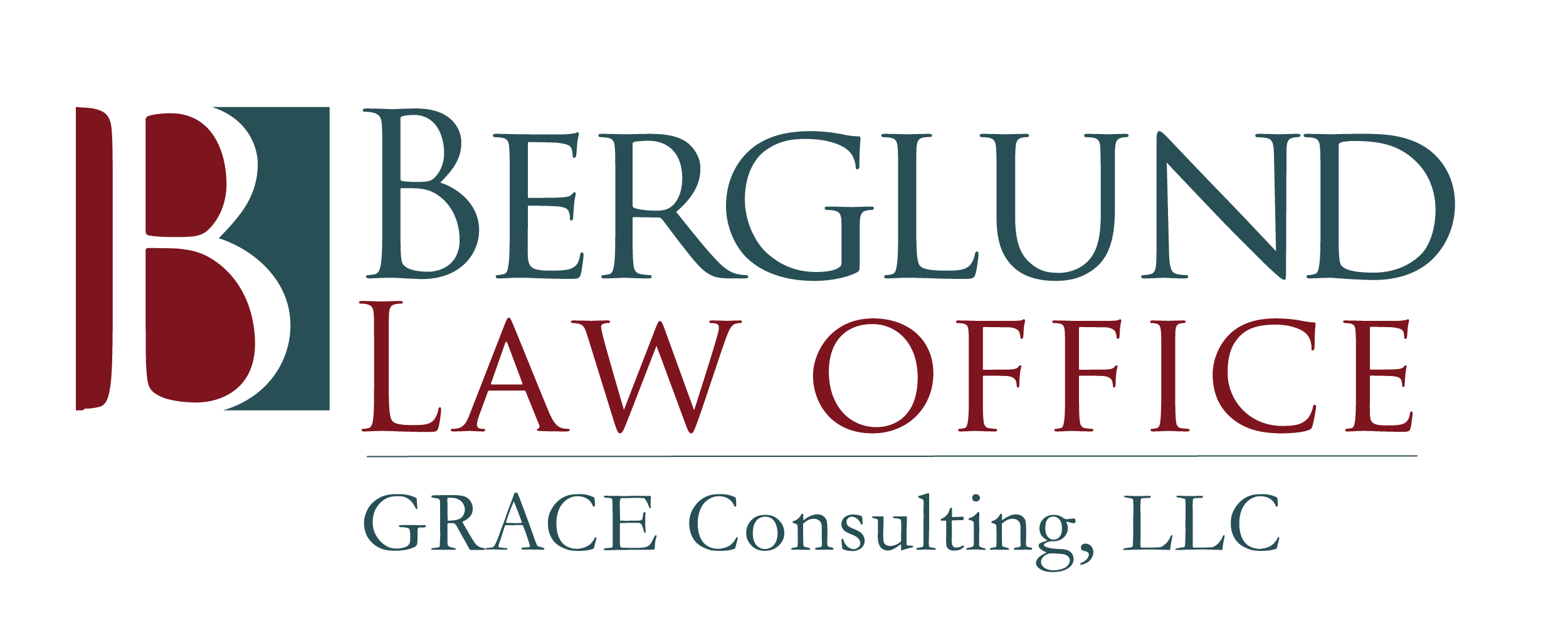
Irrevocable trusts are also commonly used as a method of reducing assets to avoid payment of estate taxes upon death. As the federal estate tax exemption has grown over the years to over $11.5 million for a single person, however, estate tax liability has become less of a concern for most people.
Provided that you are neither the trustee nor beneficiary of your trust and no longer have access to the trust assets, said assets will not be included in your estate and do not receive a “stepped-up” tax basis upon your death. Irrevocable trusts may also reduce probate costs since assets put into the trust are treated as gifts and are not part of your probate the estate.

Establishing an irrevocable trust may, however, result in an obligation to pay gift tax if the gifts exceed the lifetime exclusion amounts (or in Minnesota the gift occurs within the five years prior to your death).
All rules relating to irrevocable trusts must be carefully followed, because if any rule is broken, the trust will no longer be irrevocable. You need to understand that if you establish an irrevocable trust, you will no longer have access to the assets you have transferred to your trust even if you need them for some other purpose.
Because irrevocable trusts are so rigid, it is recommended that you keep a sufficient amount of assets outside the trust for emergencies and unknown contingencies. Irrevocable trusts which forbid even payments of income to the trust maker or his/her spouse can also be used for Medicaid planning.
An irrevocable trust could be established for the benefit of your children, or others. Your beneficiaries may, at their discretion, continue to use trust property for your benefit, but there is no legal requirement that they do so.

One advantage of using irrevocable trusts is that if they contain property that has increased in value (i.e., real estate or stock), you (the trust maker) can retain a “special testamentary power of appointment” so that your beneficiaries can receive the property with a “stepped-up in basis” upon your death. If this type of trust is used, you can avoid the necessity of filing a gift tax return when the trust is “funded”.
